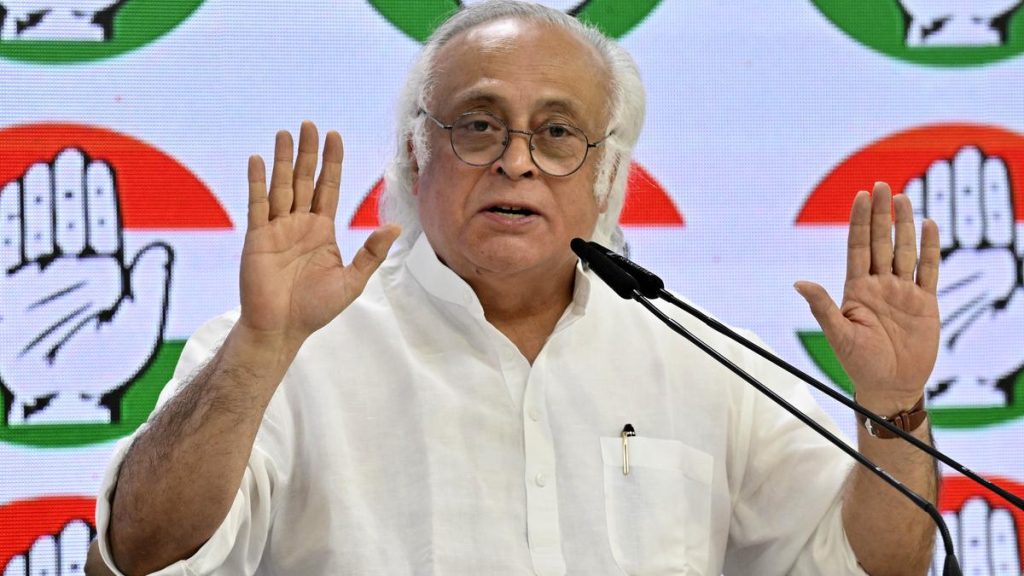Now Reading: How Kerala Leads the Way in Tackling Rapid Urbanisation
-
01
How Kerala Leads the Way in Tackling Rapid Urbanisation
How Kerala Leads the Way in Tackling Rapid Urbanisation

Quick Summary
- Kerala’s rapid urbanisation adn increasing climate stress (floods, landslides, coastal erosion) necessitated a structural response through the formation of the kerala Urban Policy Commission (KUPC) in December 2023.
- KUPC’s mandate was to deliver a 25-year urban roadmap with emphasis on integrating climate awareness and community engagement into city planning.
- The final report, submitted in March 2025, spans 2,359 pages and includes recommendations based on deep-dive studies across ten thematic areas like finance reform, risk zoning, governance overhaul, cultural preservation, etc.
- Key proposals include: proactive hazard mapping; creation of a real-time digital data observatory; green fees for eco-sensitive urban projects; municipal bonds for financing cities; governance led by mayors with specialized municipal cadres; youth-driven initiatives under “Jnanashree”; and economic revival tied to city identities (e.g., Thrissur as FinTech hub).
- The approach integrates local citizen narratives alongside technical data-redefining planning from top-down to participatory systems while embedding disaster resilience into every framework.
Indian Opinion Analysis
The KUPC sets an important precedent by pioneering a State-specific urban policy model tailored to subnational realities rather than generalized national frameworks. Its climate-aware zoning practices reflect an urgent need for proactive preparedness amid intensifying environmental vulnerabilities in India. Furthermore, its emphasis on financial autonomy via municipal bonds and green levies could shift fiscal agency toward local governments-a recurring hurdle inhibiting effective state-led governance structures nationwide.
What distinguishes Kerala’s strategy is its grassroots inclusivity: Local voices actively shaped policies through stakeholder dialogues across districts with diverse groups including gig workers and fishing communities. This participatory mechanism bridges the gap between institutional oversight and lived experience-perhaps offering replicable lessons for other States facing similar challenges of rapid unplanned urbanization heightened by ecological pressures.
If implemented effectively, KUPC’s systemic overhaul might not only address Kerala’s unique challenges but establish pathways demonstrating how Indian cities can be centers of innovation that balance growth with sustainability.
Read more: Link as given

























